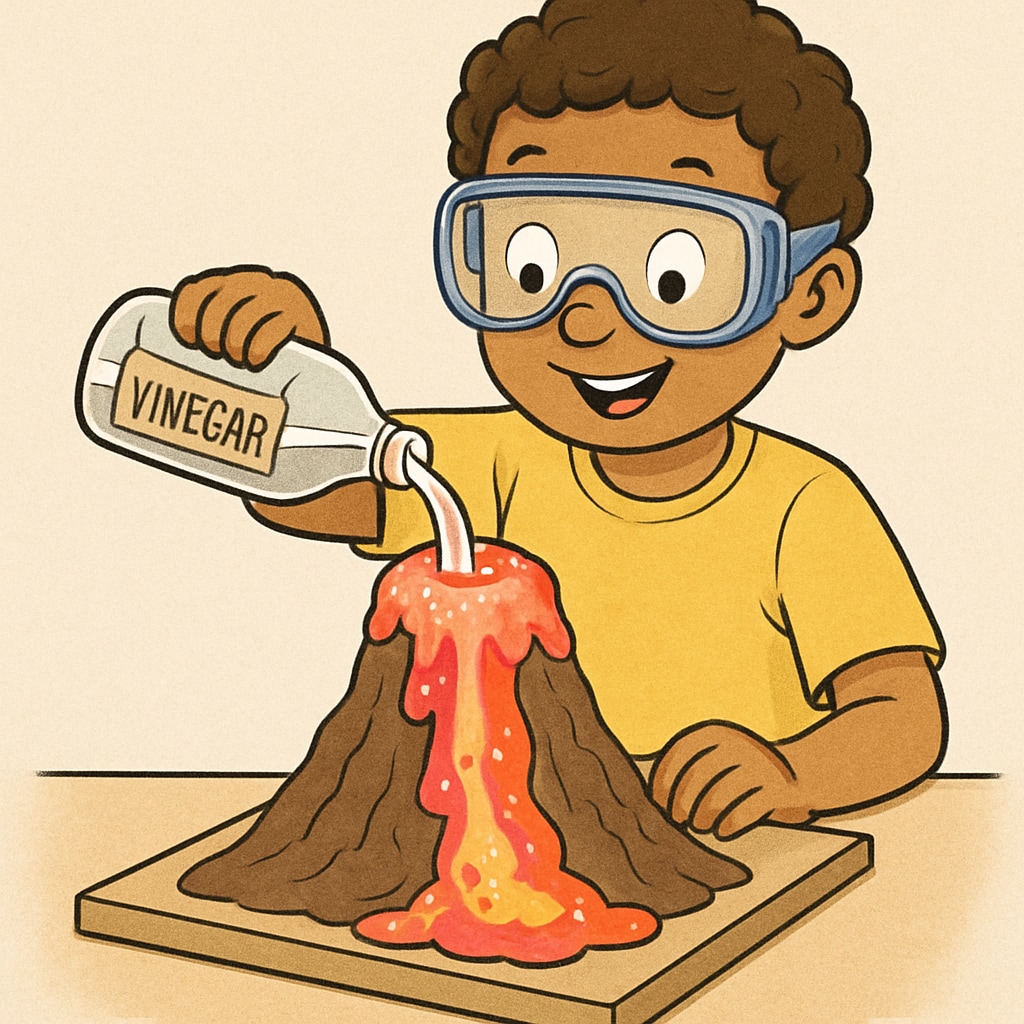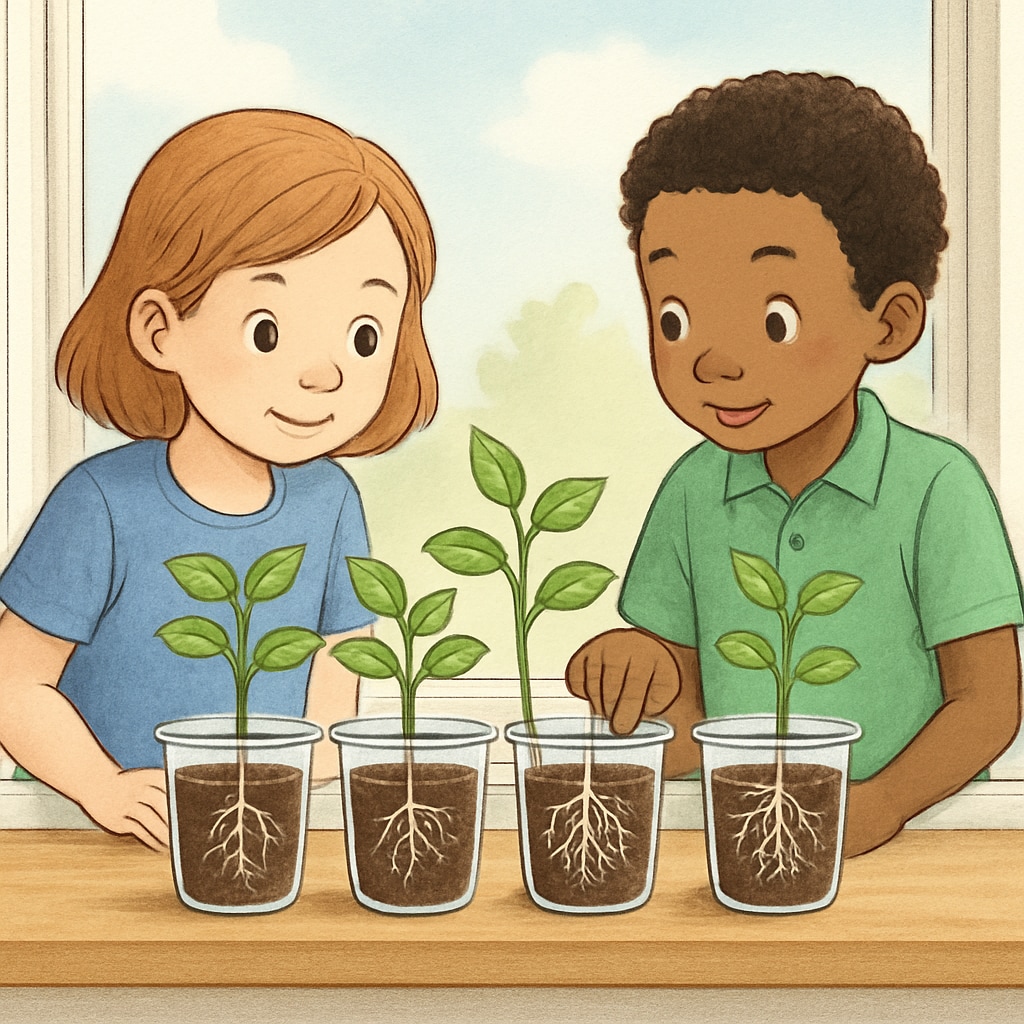Science experiments, family activities, and DIY experiments offer the perfect way to make learning exciting for children. These hands-on projects transform everyday household items into powerful teaching tools while fostering creativity and critical thinking. Below are 10 carefully selected activities that demonstrate scientific principles in action, complete with safety guidelines and extension ideas.
Kitchen Chemistry Adventures
Transform your kitchen into a laboratory with these simple yet fascinating experiments:
- Baking Soda Volcano: Mix baking soda and vinegar to create an exciting chemical reaction that mimics volcanic eruptions. Add food coloring for dramatic effect.
- Dancing Raisins: Watch raisins “dance” in carbonated water as bubbles attach to their surface, demonstrating density and buoyancy principles.
- Homemade Butter: Shake heavy cream in a jar to separate fats from liquids, teaching emulsion and physical change concepts.

Physics Fun for Young Scientists
These projects make abstract physics concepts tangible and fun:
- Egg Drop Challenge: Design protective containers using household materials to prevent eggs from breaking when dropped. Teaches impact forces and engineering principles.
- DIY Balancing Robot: Create a simple robot that balances on a single point, illustrating center of gravity concepts. Learn more about center of mass on Wikipedia.
- Paper Airplane Aerodynamics: Test different designs to understand how shape affects flight distance and stability.
Nature Science Explorations
Connect children with the natural world through these engaging activities:
- Seed Germination Station: Observe plant growth by sprouting seeds in clear containers, documenting root development daily.
- Bug Habitat Observation: Create temporary insect homes using clear containers with natural materials, teaching ecosystems and animal behavior. Explore ecology basics on Britannica.

Safety First: Essential Guidelines
While these home science projects are designed for safety, always follow these precautions:
- Adult supervision is mandatory for all experiments
- Use child-safe materials and avoid toxic substances
- Wear protective gear like goggles when appropriate
- Clean up thoroughly after each activity
Remember: The best science experiments, family activities, and DIY experiments combine learning with laughter. Encourage questions, embrace messes, and celebrate discoveries – you’re creating lifelong learners!


